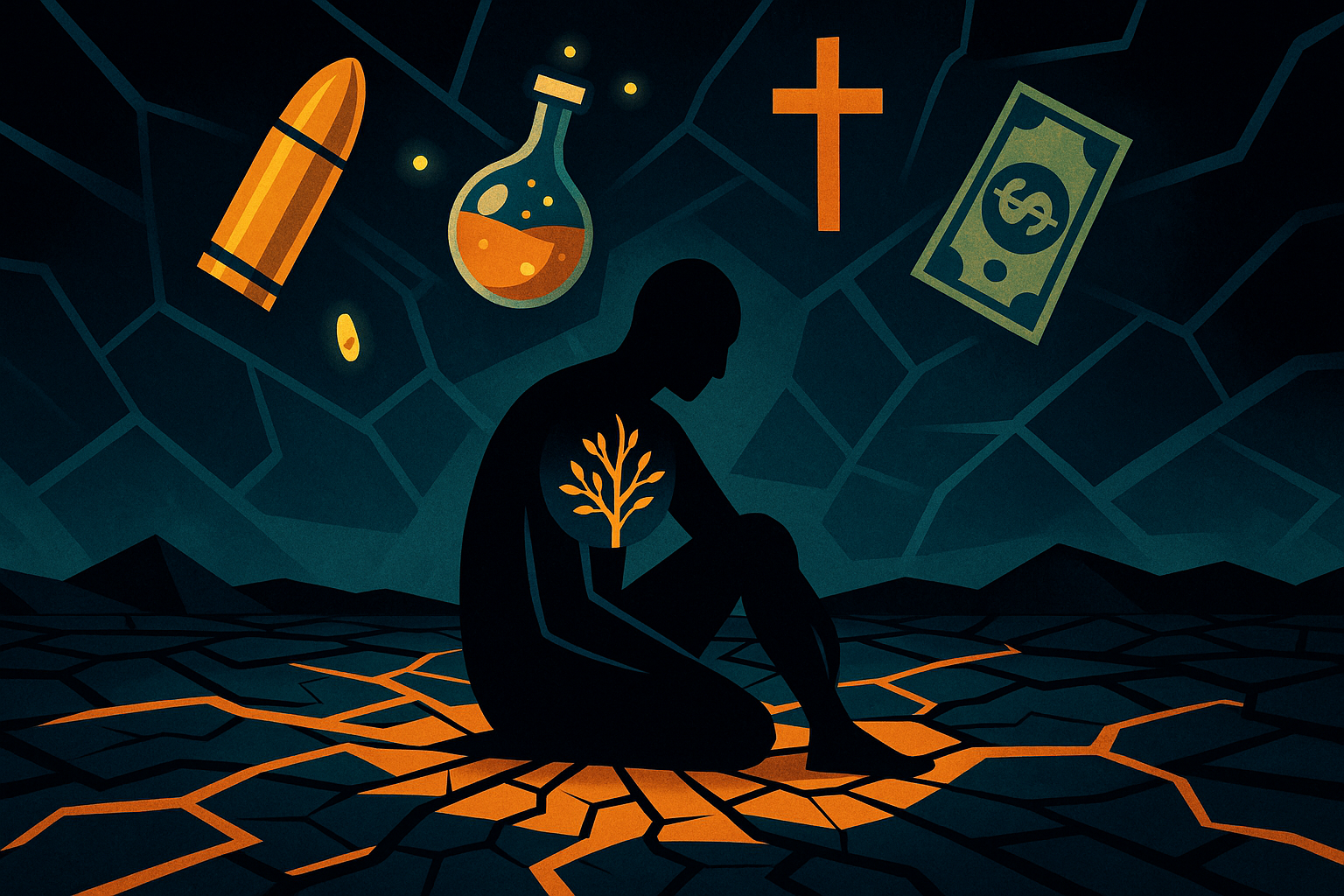The Side Effects When You Stop Drinking
Alcohol withdrawal is, at best, uncomfortable and, at worst, life-threatening. While symptoms vary from person to person, it really depends on a number of factors, including how much you’ve been drinking and for how long you’ve been drinking that amount of alcohol. Withdrawal symptoms typically begin a couple of worse after your last drink and can persist up to a couple of weeks, depending on the severity of the drinking problem.
 Symptoms run the gamut from mild anxiety and general shakiness to a horrifying condition called delirium tremens (also known as “the DTs”). DTs, which cause everything from confusion to hallucinations, actually kill 1-5% of the alcoholics who suffer through them. And while the DTs clearly don’t affect everyone, it’s important to understand that alcohol withdrawal symptoms oftentimes get worse before they get better. Things can seem stable and then, out of the blue, they suddenly take a turn for the worse. For that reason, many experts suggest getting immediate medical attention, even if the symptoms are fairly mild at the outset. What starts off as mild anxiety might rapidly degenerate into convulsions. If you’ve experienced alcohol withdrawal before, it’s doubly important to seek medical attention. Other complications can occur if you have a history of heart disease, lung disease or seizures, too.
Symptoms run the gamut from mild anxiety and general shakiness to a horrifying condition called delirium tremens (also known as “the DTs”). DTs, which cause everything from confusion to hallucinations, actually kill 1-5% of the alcoholics who suffer through them. And while the DTs clearly don’t affect everyone, it’s important to understand that alcohol withdrawal symptoms oftentimes get worse before they get better. Things can seem stable and then, out of the blue, they suddenly take a turn for the worse. For that reason, many experts suggest getting immediate medical attention, even if the symptoms are fairly mild at the outset. What starts off as mild anxiety might rapidly degenerate into convulsions. If you’ve experienced alcohol withdrawal before, it’s doubly important to seek medical attention. Other complications can occur if you have a history of heart disease, lung disease or seizures, too.
Alcohol Withdrawal Symptoms
Most minor alcohol withdrawal symptoms occur within 12 hours after you stop drinking when blood alcohol level starts to decrease. During this time, expect to experience shaky hands, mild anxiety, a racing heartbeat, vomiting, a persistent headache, and insomnia. Between 12-24 hours after the last drink, some people experience visual/auditory hallucinations, though they typically end within 48-hour period. Despite how unnerving alcoholic hallucinosis can be, it’s fairly common—especially for people who have drank persistently for long periods of time. Unlike the DTs, people with alcoholic hallucinosis are conscious of the fact that the hallucinations aren’t real.
DTs, on the other hand, begin 48 – 72 hours after the last drink and involve serious life-threatening side effects imaginable. Withdrawal seizures are primary risk in DTs and patients who’ve gone through detox in the past are especially susceptible to. Other DT risk factors include acute illness, abnormal liver function, and older age. What’s worse is that DTs take their time, with symptoms peaking over the course of five days. During this time, DT sufferers will experience severe anxiety, confusion, sweating, high blood pressure, visual hallucinations, fevers, and uncontrollable shaking. The one way to survive DTs is the constant medical supervision, with professionals can guide you safely to long-term sobriety.
Bio
After nearly two decades of drinking and destroying just about every relationship in my life, I decided to get help. I didn’t know what to expect (and in some ways, I still don’t), but getting sober has been the most rewarding, fulfilling decision I’ve ever made. In the years since I entered treatment, secured an AA sponsor, and forged friendships in sobriety that rival all the others in my life, I feel like a completely different person. It’s as if I woke up in another person’s life. I’m a married father of three young children who lives in Columbus, Ohio, along with a bossy cat named Dr. No.
Most of my recovery has been spent writing about my experiences, and I’ve been fortunate to have my work picked up by The Fix, AfterParty Magazine, The Literary Review, and The Live Oak Review, among others. I want to help others find meaningful, lasting sobriety in any way that I can, which is part of the reason I’m so committed to Genius Recovery. More than that, though, I sincerely believe in the vision, aims and purpose of Genius Recovery. I’m as passionate about recovery as I am about discovering levels to my life that I didn’t know existed. After all, addiction recovery is about hope as much as it is about possibility. Through my writing, I hope to guide others to discover what’s possible for them, too.
– Paul



